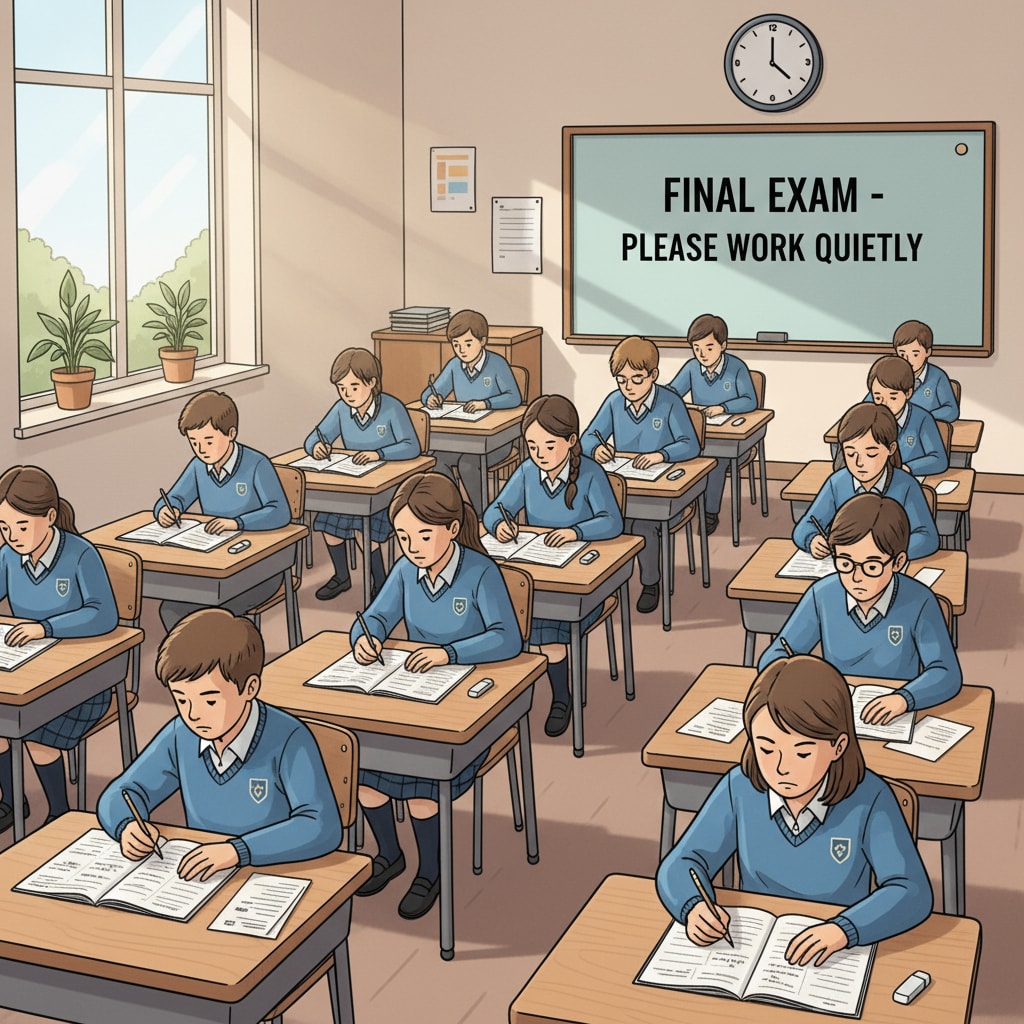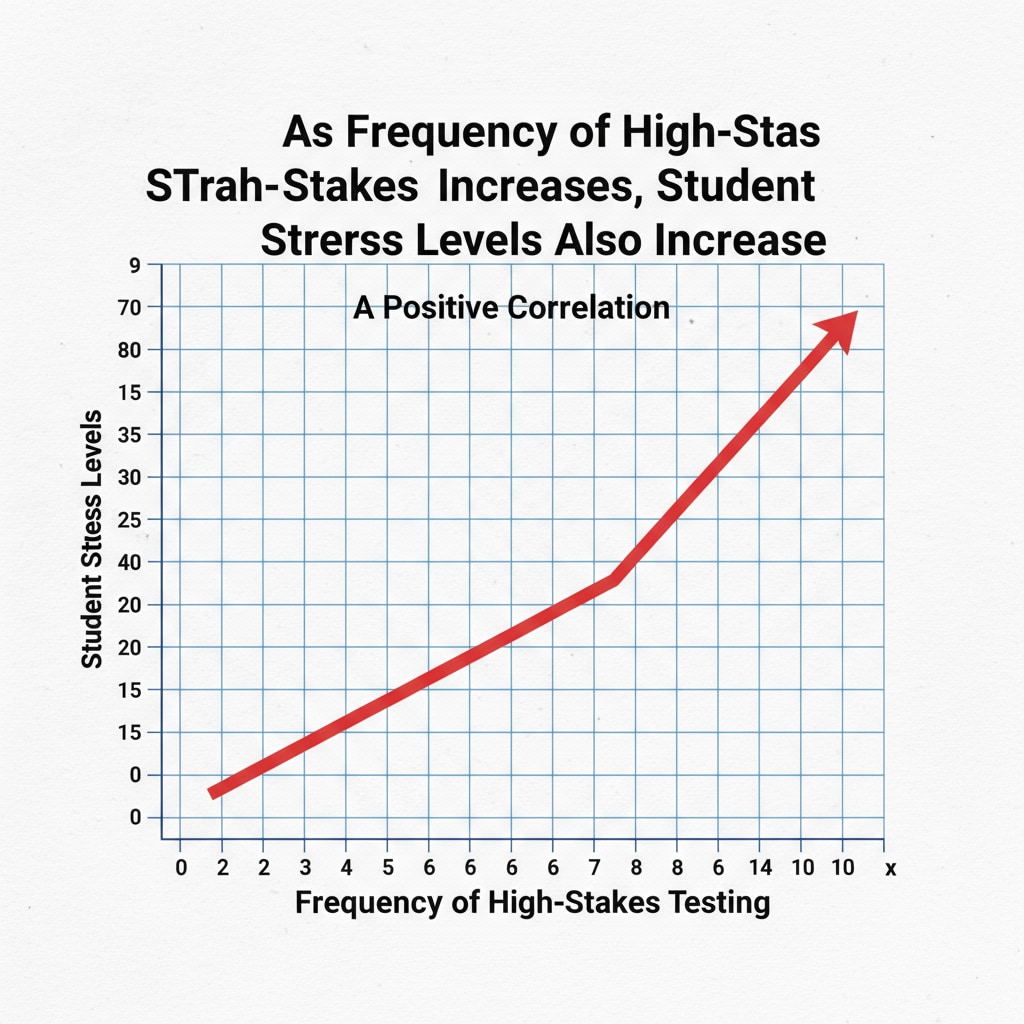Student assessment, educational measurement, and teaching strategies play crucial roles in the realm of education. In the current K12 education landscape, the existing assessment system has long been a cornerstone, yet it has significant limitations.

The Limitations of the Current K12 Education Assessment System
The dominant form of assessment in K12 education has often been high-stakes testing. These tests mainly focus on rote memorization and regurgitation of facts. For example, standardized tests typically have a narrow scope, measuring only a fraction of students’ knowledge and skills. As a result, they fail to capture the full spectrum of a student’s abilities, such as creativity, critical thinking, and problem-solving. Moreover, the emphasis on test scores can create a stressful learning environment, which may lead to students’ disengagement from learning. According to Educational assessment on Wikipedia, this overemphasis on testing can also cause teachers to teach to the test, sacrificing in-depth and holistic instruction.

The True Purpose of Education Assessment
The fundamental purpose of education assessment is not merely to assign grades but to facilitate learning. It should be a tool for educators to understand students’ learning progress, identify areas of strength and weakness, and adjust teaching strategies accordingly. Assessment should empower students to take ownership of their learning, fostering self-reflection and continuous improvement. As stated in Educational evaluation on Britannica, an effective assessment system should support the development of well-rounded individuals, preparing them for the challenges of the real world beyond the classroom.
Alternative assessment methods centered on learning can revolutionize the K12 education experience. These methods focus on the process of learning rather than just the end result. For instance, project-based assessments allow students to apply their knowledge and skills in real-world contexts, promoting creativity and problem-solving. Portfolio assessments provide a comprehensive view of a student’s work over time, highlighting growth and development. Additionally, peer and self-assessments encourage students to take an active role in evaluating their own and their peers’ learning, enhancing their critical thinking and communication skills.
Readability guidance: By understanding the limitations of the current system and embracing alternative methods, educators can work towards building a more meaningful and effective education assessment paradigm. This shift will not only benefit students’ academic performance but also contribute to their overall development in the areas of student assessment, educational measurement, and teaching strategies.


